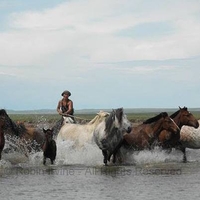Thinking with Horses
Troubles with Subjects, Objects, and Diverse Entities in Eastern Mongolia
DOI:
https://doi.org/10.52537/humanimalia.9928Abstract
Drawing on ethnographic fieldwork in post-socialist Eastern Mongolia, this article aims to acquaint the reader with a series of different ways and forms in which horses come to be present in and around a Barga Mongol household. Situating this article in the context of recent transformations in how animals are deployed and thought of in human-animal scholarship, I focus on how horses emerge as both object-like and person-like entities in their relations with a young man and his family. I do this in order to highlight the role theoretical presuppositions play in making particular kinds of animals visible in the field. Through an engagement with horses, bits of horses, herds, types, equipment, breeding lineages, photos, and local literature; I ask whether animal-centred scholars might strive for “trans-paradigmatic” and open-ended ethnography that allows animals to emerge in a plurality of forms without assuming a priori what those forms are. The article is loosely structured around a succession of moments in the training trajectory of one young dun horse.
Downloads

Published
Issue
Section
License

This work is licensed under a Creative Commons Attribution-NonCommercial 4.0 International License.









